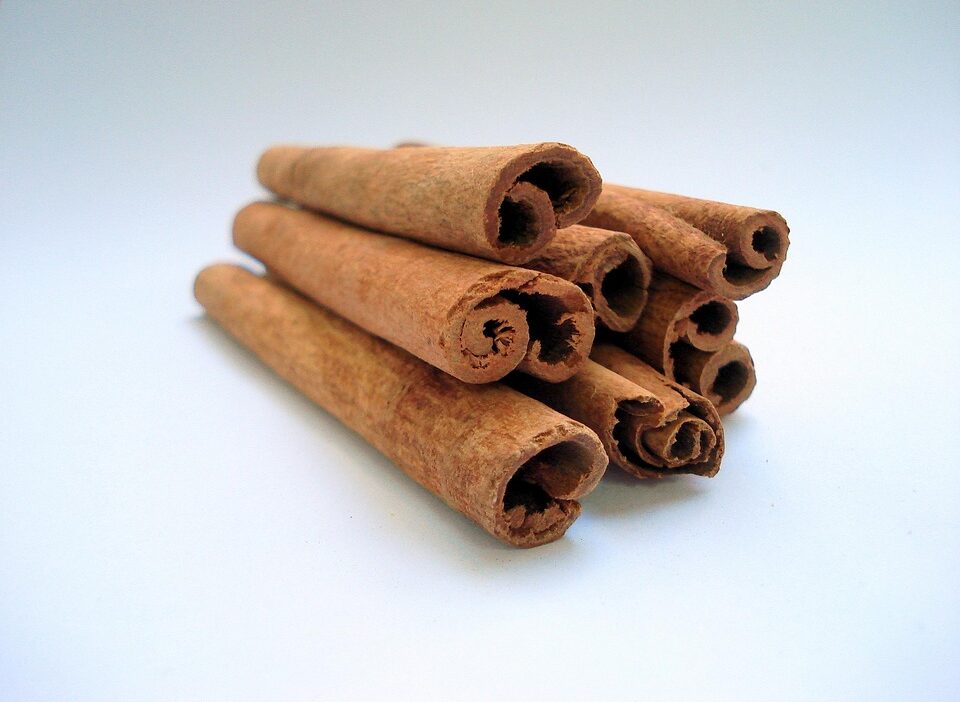In recent years, the culinary arts have experienced a renaissance, with cooking and baking classes gaining immense popularity. The phrase "Bake It Till You Make It" captures the spirit of this movement—encouraging novices and seasoned bakers alike to perfect their skills through practice, creativity, and, of course, a bit of flour.
Why Baking Classes?
Baking might seem straightforward, but it is as much a science as it is an art. For many, the allure of baking lies not only in the final product but also in the transformative process of combining simple ingredients into something extraordinary. Here are a few reasons why taking a baking class can be rewarding:
1. Skill Development
Baking classes range from beginner to advanced levels, catering to all skill sets. Whether you’re learning to bake your first batch of cookies or attempting intricate pastries, there’s something for everyone. Classes often focus on foundational techniques, ensuring that participants gain a solid grounding in essential baking skills.
2. Hands-On Experience
One of the most significant advantages of attending a baking class is the hands-on experience. Many classes provide an opportunity to work with various ingredients and equipment, under the guidance of seasoned instructors. This environment fosters learning through trial and error—ideal for those who thrive on practical engagement.
3. Creative Expression
Baking is as much about creativity as it is about technique. Classes often encourage participants to experiment with flavors, textures, and presentations, inviting bakers to infuse their personal flair into their creations. This creative outlet is satisfying and therapeutic, offering a respite from the everyday hustle and bustle.
4. Community Building
Baking classes can also serve as a social activity. They provide a space for participants to connect with fellow baking enthusiasts, share tips, and build friendships. The camaraderie of working alongside others who share the same passions can enhance the overall experience and lead to lasting bonds.
5. A Taste of Culture
Baking is deeply intertwined with culture and tradition. Many classes emphasize regional specialties, offering participants a taste of different cultures through their baked goods. Whether it’s French patisserie, Italian bread-making, or Mexican sweet breads, these classes can broaden your culinary horizons.
Types of Baking Classes
The baking class landscape is diverse, with various formats and specialties to choose from:
1. In-Person Classes
Traditional in-person classes offer real-time interaction with instructors and fellow students. These sessions provide immediate feedback and opportunity for hands-on experience, making them suitable for those who thrive in a physical classroom environment.
2. Online Workshops
With the rise of digital learning, many skilled bakers are offering virtual classes. These workshops can conveniently fit into your schedule and often allow you to bake from the comfort of your kitchen. Plus, they often include access to recorded sessions for future reference.
3. Specialized Courses
Some baking classes focus on specific skills such as cake decorating, sourdough bread, or pastries. These specialized courses allow you to hone in on particular interests, providing depth and mastery in specific aspects of baking.
4. Family-Friendly Classes
Many baking schools offer family-oriented classes, encouraging kids and parents to bake together. This not only teaches valuable skills to younger generations but also creates memorable family bonding experiences.
Choosing the Right Class for You
With numerous options available, it can be daunting to select a baking class. Here are some tips for finding the perfect fit:
-
Assess Your Skill Level: Choose a class that matches your current skill level—starting with a beginner class if you’re just starting or selecting something more advanced if you have experience.
-
Consider Your Goals: Determine what you want to achieve. Are you looking to learn a specific technique, or just hoping to have fun? Tailor your choice accordingly.
-
Research Instructors: Look for instructors with experience and good reviews. A knowledgeable teacher can make all the difference in your learning experience.
- Location and Schedule: If you’re opting for in-person classes, consider the location and timetable that fits your lifestyle. Online classes typically offer more flexibility.
Conclusion
Whether you’re a complete novice or a seasoned baker, baking classes provide a unique opportunity to improve your skills, express yourself creatively, and connect with others. So why not grab your apron and roll up your sleeves? Remember, in the world of baking, it’s often true: practice makes perfect. So, bake it till you make it!



